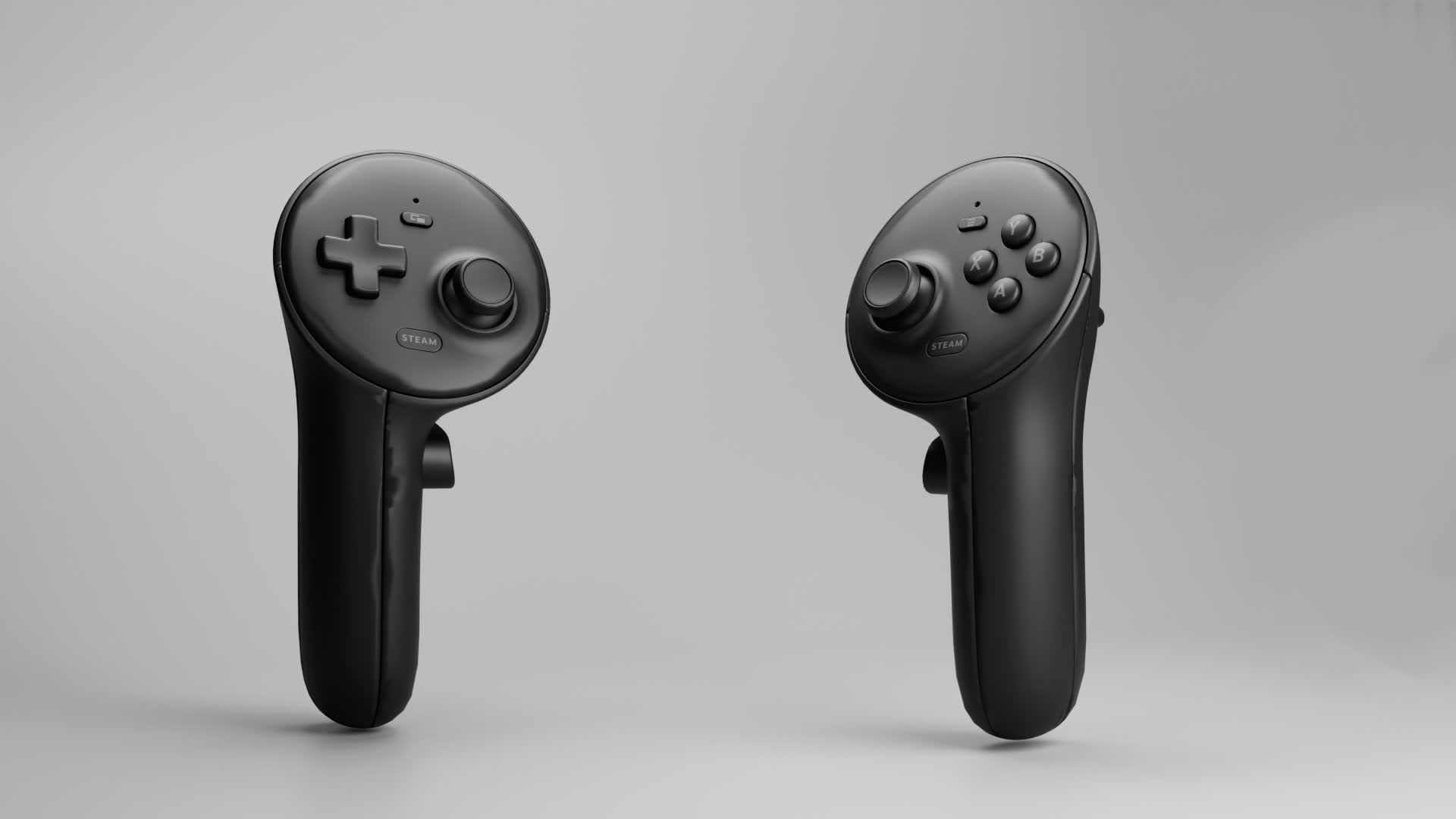Learn extra at:
Rumor mill: Rumors surrounding Half-Life 3 have circulated for properly over a decade, changing into an industry-wide joke. Nevertheless, stable data has lately made the legendary sequel to Valve’s well-known first-person shooter franchise appear extra actual than ever. A brand new report from a distinguished leaker has outlined technical particulars concerning the recreation and Valve’s future {hardware} ambitions.
A prolonged video AMA from well-known Valve leaker Tyler McVicker has revealed new particulars concerning the improvement progress of the following Half-Life recreation and the corporate’s upcoming {hardware}. A lot of the data is theory and primarily based on educated guesses knowledgeable by confidential sources, so readers ought to take the claims with a big grain of salt.
Information mining of latest patches to Valve’s video games has uncovered references to “HLX,” which many imagine is a codename for Half-Life 3. McVicker claims that latest builds are playable from begin to end. If the sport is not content-locked, Valve has at the very least finalized its core gameplay.
HLX apparently incorporates ray tracing and a singular type of procedural technology. Quite than calculating terrain from a seed in actual time on an enormous scale like Minecraft, Starfield, or No Man’s Sky, Valve’s upcoming shooter dynamically alters the positions of enemies, objects, NPCs, and doorways in response to participant habits.
McVicker likens the system to Left 4 Lifeless’s AI Director, which dynamically adjusts enemy encounters to maximise stress.
Moreover, HLX just isn’t a VR recreation. Latest leaks recommend that Valve plans to launch a standalone follow-up to its Index headset later this yr, codenamed “Deckard,” sparking hypothesis that HLX is perhaps a sequel to Half-Life: Alyx. In line with McVicker, Valve and a third-party firm are creating a number of video games for Deckard, however HLX is not one in all them.
Valve has began and canceled a number of Half-Life tasks since releasing Half-Life 2: Episode Two in 2007, however none have progressed so far as HLX.
Latest updates for Deadlock, Counter-Strike 2, and DOTA 2 revealed that the corporate is integrating superior AI techniques and AMD FSR into HLX, indicating that it’s nearing completion. McVicker speculates that Valve would possibly unveil the sport this summer season, with a doable launch in winter.
Afterward, Valve would possibly think about creating a brand new Portal recreation. Though the corporate hasn’t finalized plans for a sequel to 2011’s Portal 2, Half-Life and Portal author Erik Wolpaw has expressed a powerful want to proceed the collection.
In the meantime, Impasse – the invite-only pre-alpha MOBA shooter that grew to become Valve’s worst-kept secret final yr – stays in early improvement. The corporate incessantly applies radical adjustments to a take a look at construct much more secret than the model revealed final August.
McVicker additionally shared new data on Deckard, plans for a Steam Deck successor, and a challenge often called “Fremont,” broadly believed to be a set-top field. Deckard, beforehand leaked by means of CAD renders, is presently Valve’s major focus.

The headset will permit customers to put in and run video games like Half-Life: Alyx with out connecting to a PC. It’ll additionally help any Steam Deck-compatible title in digital theater mode.
Earlier leaks revealed new designs for VR controllers and a follow-up to the Steam Controller. Whereas each will work on commonplace PCs, Valve has primarily designed them for Deckard, with the usual controller meant for non-VR video games.
Moreover, Deckard and the “Steam Deck 2” will make the most of Arm processors, much like these in Snapdragon PCs, Apple gadgets, and the Nintendo Change. Valve has beforehand confirmed that it will not improve the Steam Deck’s {hardware} till it might probably obtain a generational efficiency leap with out compromising battery life. Arm’s superior power effectivity might assist understand that purpose.


